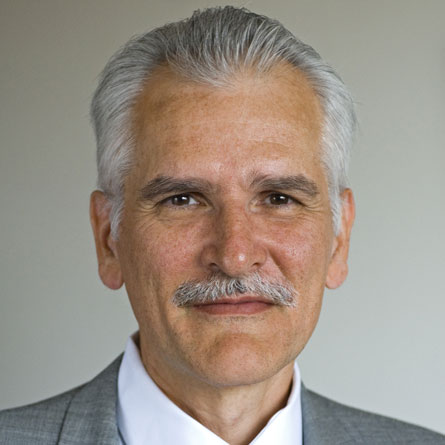It’s time to reform work hours for resident physicians
Harvard sleep researcher says rules should be changed to make sure physicians-in-training get the shut-eye they need
- More than 2 years ago
Last year, the American medical profession admitted that its century-old tradition of sleep-depriving physicians-in-training is unsafe. Working day and night, rather than transferring patient care to a fresh doctor, increases serious medical errors in ICUs by 36 percent, including a 460 percent increase in serious diagnostic mistakes. Twenty-four hours without sleep slows reaction time comparably to alcohol intoxication. Physician-trainees routinely fall asleep during lectures, on patient rounds, while examining patients and even during surgery.
Sleep deprivation impedes memory consolidation and degrades physicians’ clinical performance to the 7th percentile of rested performance. After working more than 24 hours, resident physicians are 73 percent more likely to stab themselves with a needle and 168 percent more likely to crash driving home. One-quarter of them make most sleep-related errors, likely due to sleep disorders or differential vulnerability to sleep loss, which may be genetic. Yet resident physicians with medical conditions that put them and patients at greater risk from sleep deprivation caused by working conditions requiring 30-hour shifts twice per week are seldom provided with a reasonable accommodation.
In 2006, the Harvard Work Hours, Health and Safety Group reported that one in five resident-physicians admitted making a fatigue-related mistake that injured a patient. One in 20 admitted a fatigue-related mistake that resulted in a patient’s death. As a consequence, a U.S. House committee requested the Agency for Healthcare Research and Quality to commission the Institute of Medicine to determine whether long resident work hours compromise patient safety. After studying decades of research and hearing expert testimony, the IOM concluded what many find obvious: the extended duty 30-hour shifts permitted in the current ACGME (Accreditation Council for Graduate Medical Education) limits on resident duty hours “promote conditions for fatigue-related errors that pose risks to both patients and residents.” The IOM recommended that resident physicians should not work more than 16 hours without sleep, should not be awakened from sleep to treat patients and should not drive home after work shifts longer than 16 hours.
This is an important step toward reforming a U.S. tradition established at Johns Hopkins in the 1890s by William Halsted, whose cocaine addiction perhaps clouded his judgment as to how long physicians could safely work. New Zealand has limited physician-trainees to 16-hour shifts since 1985. The European Union limits work shifts to 13 hours, requiring 11 consecutive hours off daily. Unfortunately, just as Wall Street successfully opposed federal regulation of derivative trading, organized medicine has stalled implementation of the IOM recommendations to limit resident work hours.

Yet 30-hour shifts are deeply entrenched. In 2001, the Association of American Medical Colleges urged hospitals to impose a 12-hour work limit in ICUs, to no avail. The ACGME staved off then-pending legislation by announcing work-hour limits that sanctioned twice-per-week 30-hour shifts rather than eliminating them, refusing to disclose work-hour compliance data from member hospitals, failing to provide whistle-blower protection, abiding falsification of resident work-hour records, and allowing 84 percent non-adherence to current ACGME work-hour limits.
By the residents’ own admission, tens of thousands of patients and residents are injured and thousands of patients lose their lives annually from fatigue-related errors. Many safety-sensitive workers have work-hour limits, including airline pilots and nuclear power engineers. Congress should implement meaningful resident-physician work-hour reform based on the IOM recommendations to prevent these unnecessary tragedies.
Charles A. Czeisler, Ph.D., M.D., F.R.C.P., is the Baldino Professor of Sleep Medicine and director of the Division of Sleep Medicine at Harvard Medical School and chief of sleep medicine at Brigham and Women’s Hospital in Boston. In 1970, he was a finalist in the Westinghouse Science Talent Search, a competition organized by Science News’ publisher, now called the Society for Science & the Public. Read more about the science of sleep and sleep health at understandingsleep.org







